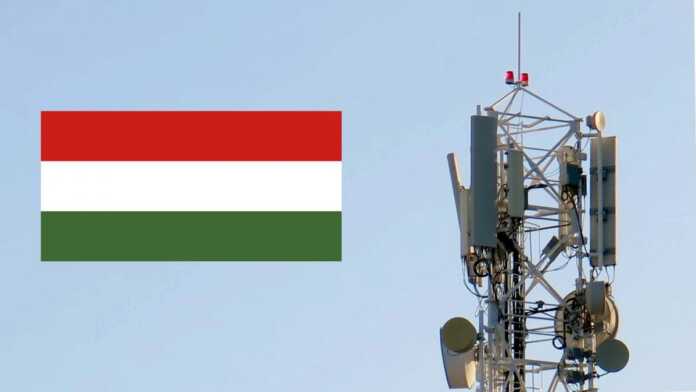New taxes make Hungary less attractive for telecom operators. Vodafone is withdrawing, Hungary’s head of state Orbán is happy.
Hungarian consumers face a massive drop in competition in telecommunications. Against the background of a significant tax increase, Vodafone is withdrawing from the Hungarian market. The agreement, which is not yet binding, provides for the sale of the local subsidiary to the Hungarian state holding company Corvinus (49%) and the company 4iG (51%), which has grown thanks to government contracts. Hungary’s Prime Minister Viktor Orbán wants the company to become the market leader and “national champion”.
The Vodafone Group gets loud Message from Monday the equivalent of 1.8 billion euros in cash for its subsidiary Vodafone Magyarország Távközlési (Vodafone Hungary), but retains the Hungarian VOIS branch (VOdafone Intelligent Services). The purchase price corresponds to 7.7 times EBITDA (earnings before interest, taxes, depreciation and amortization) for the twelve months to the end of March.
4iG and the state buy diligently
Vodafone Hungary is Hungary’s second largest mobile network operator and since 2019 also the owner of the largest Hungarian cable network (formerly UPC Magyarország). “The Hungarian government has a clear strategy to form a Hungarian-owned national ICT champion,” comments Vodafone CEO Nick Read, “(The entity merged with 4iG) will strengthen competition and have better access to investments for Hungary’s digitization .”
4iG is already the majority owner (77%) of Antenna Hungaria, where the remaining shares also belong to the state. Through Antenna Hungaria, 4iG and the state own the mobile and cable network operator Digi, the LTE network AH (450 MHz), which specializes in public contracts, and a quarter of the mobile network operator Yettel (formerly Telenor Hungary). There are also network operators in Albania and Montenegro. 4iG does not yet have a stake in the Hungarian mobile communications market leader Magyar Telekom, a majority subsidiary of Deutsche Telekom.
New tax reduces company value
In July there is a new one in Hungary Tax on sales of telecommunications companies came into force, which is incurred in addition to sales tax (27%) and does not provide for input tax deduction. For large companies like Vodafone Hungary, the additional tax amounts to almost seven percent. The tax must also be paid in advance based on a sales estimate.
The pro-government 4iG boss Gellért Jászai is also the largest shareholder in the company, with over 39 percent of the shares. The second largest shareholder is the German Rheinmetall AG with 25.2 percent. 4IG has grown primarily through government IT orders. Up to and including 2020, the company had no sales in the telecommunications sector. Jászai founded three companies in the British Virgin Islands in 2017, the Pandora Papers have revealed.













